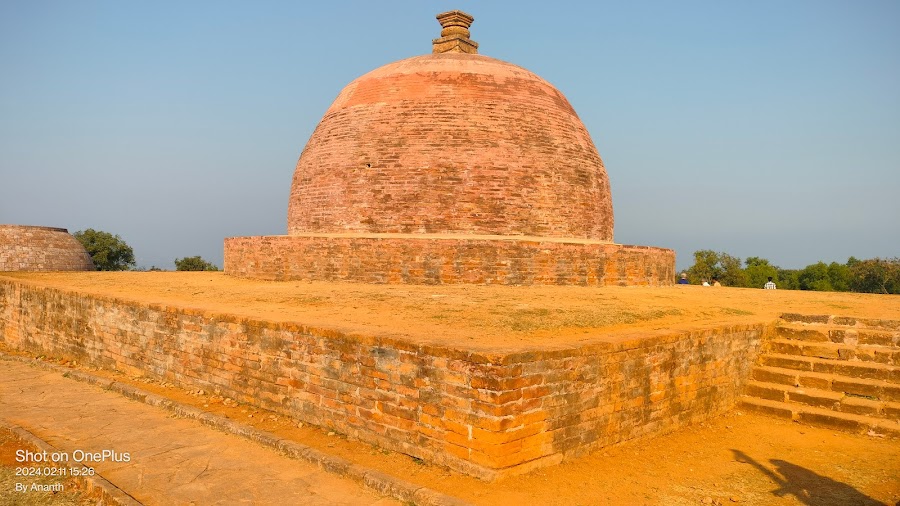
Thotlakonda
Vizianagaram, India
- Enjoy panoramic sea views
- Explore ancient Buddhist ruins
- Learn about Buddhist history
- Photography of the historic site
- Visit the on-site museum
- Walk around the serene complex
Known for:
Description:
Thotlakonda is a Buddhist monastic complex situated on a hill overlooking the Bay of Bengal. It's a significant archaeological site, featuring stupas, viharas, and chaityas, offering insights into ancient Buddhist practices. The serene environment and panoramic sea views make it a captivating destination for history enthusiasts and nature lovers. Visitors can explore the well-preserved ruins, imagining the lives of the monks who once resided here. The site also provides a peaceful escape, away from the bustle of city life. The museum on-site houses artifacts discovered during excavations, further enriching the visitor experience.
History:
Thotlakonda flourished as a Buddhist monastic center between the 2nd century BCE and 2nd century CE, during the reign of the Satavahana dynasty. It was a prominent Hinayana Buddhist establishment, with evidence suggesting close trade relations with Rome. The site's strategic location, overlooking the sea, likely facilitated maritime trade and cultural exchange. The monastery was abandoned around the 3rd century CE, possibly due to the decline of Buddhism in the region or other socio-economic factors. Excavations in the late 20th century unearthed the complex, revealing its architectural and historical significance. Today, it stands as a testament to the rich Buddhist heritage of Andhra Pradesh.